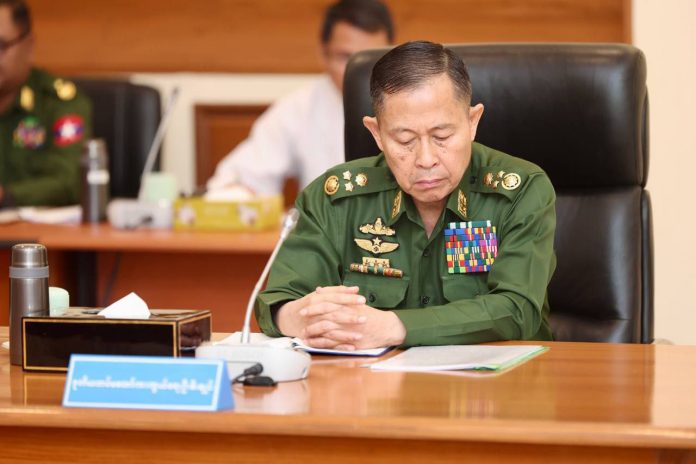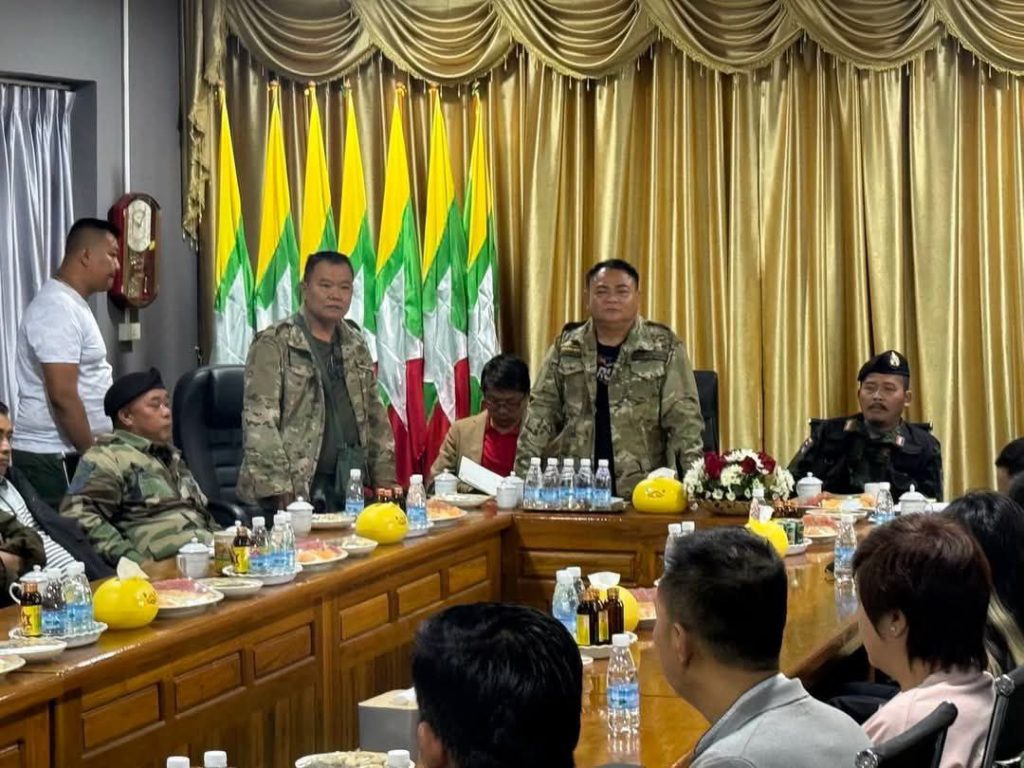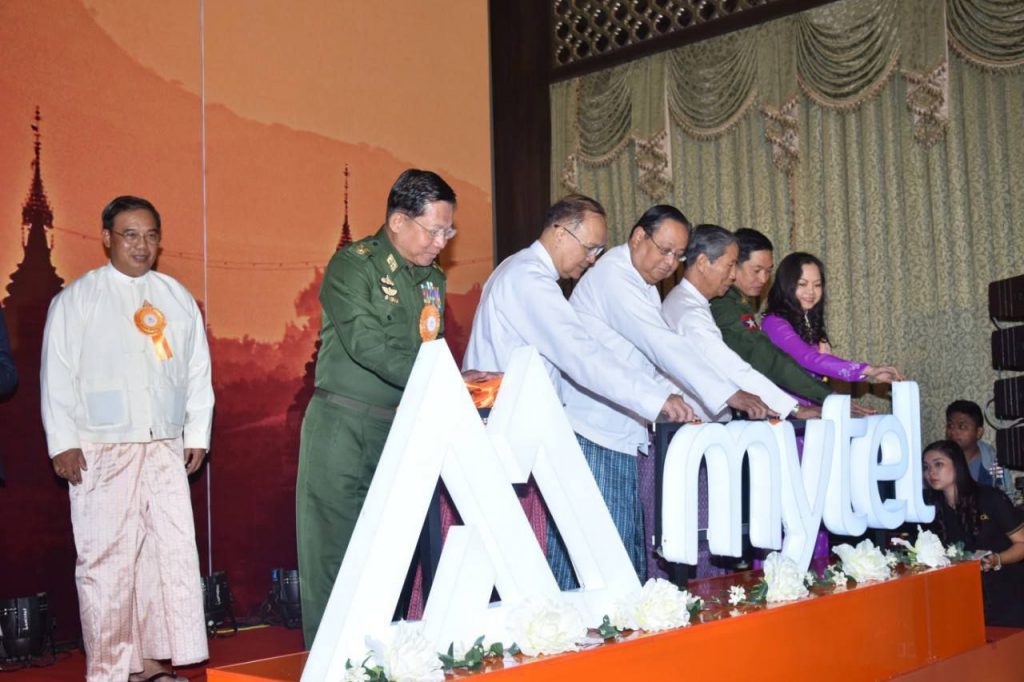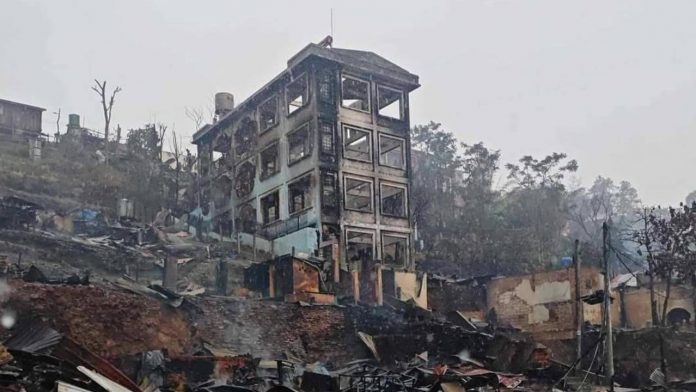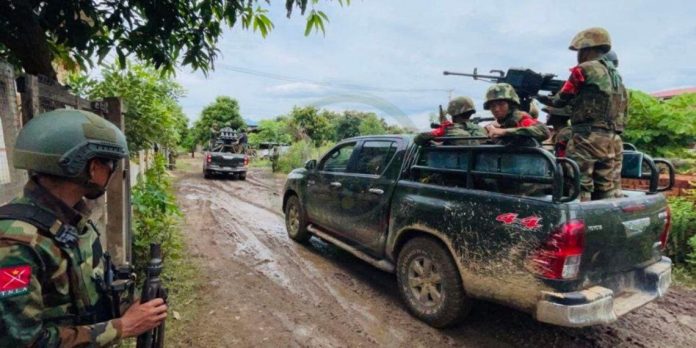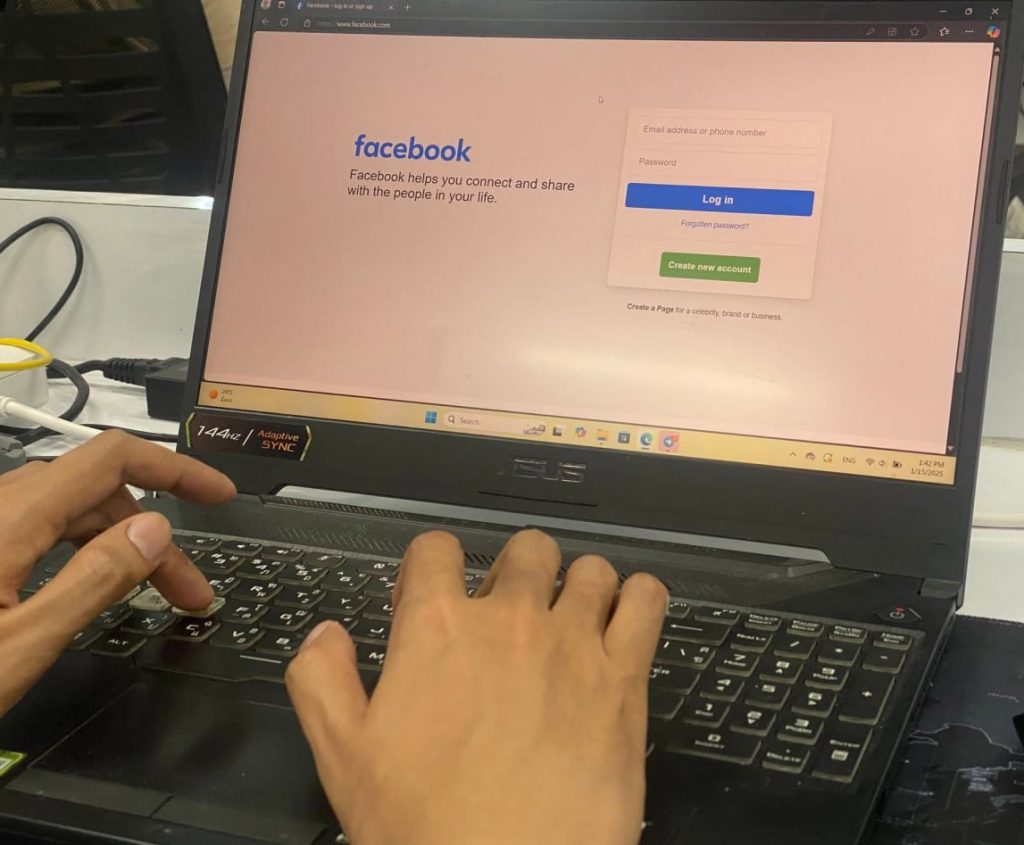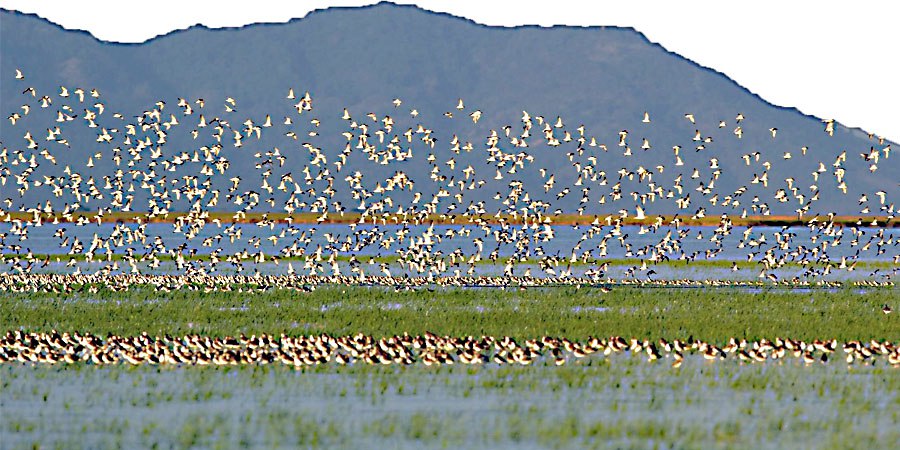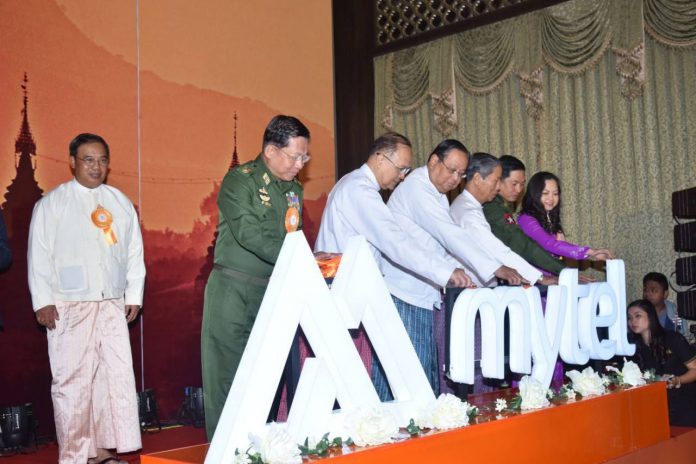The regime’s Ministry of Information announced on Thursday that it has taken legal action against Euphoria Book House and the Master Printing Service, in Yangon’s Thaketa Township, for printing and distributing three books that contain “obscene” content. This comes after seven books were banned for LGBTQ+ themes on Jan. 9.
“Their businesses licenses will be revoked and those books will be recognized as illegal content and will receive legal actions in accordance with the law,” regime media reported on Jan. 16. LGBTQ+ themed books in Myanmar are known as “Boy love (BL)” and “Girl love (GL)” books.
The three most-recently banned books were titled: “Thakin Kyin Hylin Pan Daw Mu [Wear the flowers if Master allows]”, and “Oh…Ai Achit Myar Yal Bar Chaung Sone Phoe Khat [Oh…Why is this love hard to find?]” and “Yin Khwin Nyar Yal Chit Lon Po Ai [Chit Lon Po’s excessive love].”
They were written by three different authors but published by one publishing house in Yangon.
The regime accused the authors of writing “obscene literature” that is “degrading” and “unacceptable” for Myanmar society. It added that the three books “mislead the thinking and feelings of young people.”
“I like Mahuya’s books on Boy Love romance. He has many readers who are especially youngsters and his books sell out as soon as they are published,” a reader in Yangon’s North Dagon Township told DVB on the condition of anonymity.
Mahuya is the pen name of an LGBTQ+ themed author in Myanmar.
In April 2022, the regime banned the publication of a book named “My Possessive Step-bro,” which is about two men falling in love. The title sparked controversy online among netizens.
The author of the book is Hnaung Yeik and it was distributed by Shwe Lab Book House. It became the first LGBTQ+ themed book banned by the regime since it seized power after the 2021 military coup.
“Now, two of his books were banned by the regime. But, his works can still be read on Wattpad,” said the reader in North Dagon.
Wattpad is a free social media platform that allows readers to connect with their favourite authors and read their books for free online. It became popular in 2022 following the banning of “My Possessive Step-bro.”
“I think the regime’s action will stop the publication houses and printing services but it won’t stop the authors and readers from reading and sharing what they love,” the anonymous reader added.
The regime announced that it revoked the business licenses of three printing services and three bookstores for publishing and distributing the seven books in November and December.
It accused them of violating Section 8 of the Printing and Publication Law, which stipulates that anyone who publishes, prints and distributes “obscene content” is punishable by a fine of up to 3 million MMK ($641 USD).
“I will post my works via a Telegram channel in the future,” one author posted on social media. “No skin touch is allowed in the BL/GL books. So, no kissing on the forehead or the cheeks and touching each other’s hands are not allowed…if you want to keep your publication license,” added the author, who promised readers to continue writing and sharing LGBTQ+ themed novels on Wattpad.
DVB was unable to reach the three authors for comment by the time of publication.
Publishing licenses of at least 11 book houses, eight printing services, one magazine, and 15 media outlets, have been revoked by the regime in Naypyidaw, which seized power in a military coup on Feb. 1, 2021.



